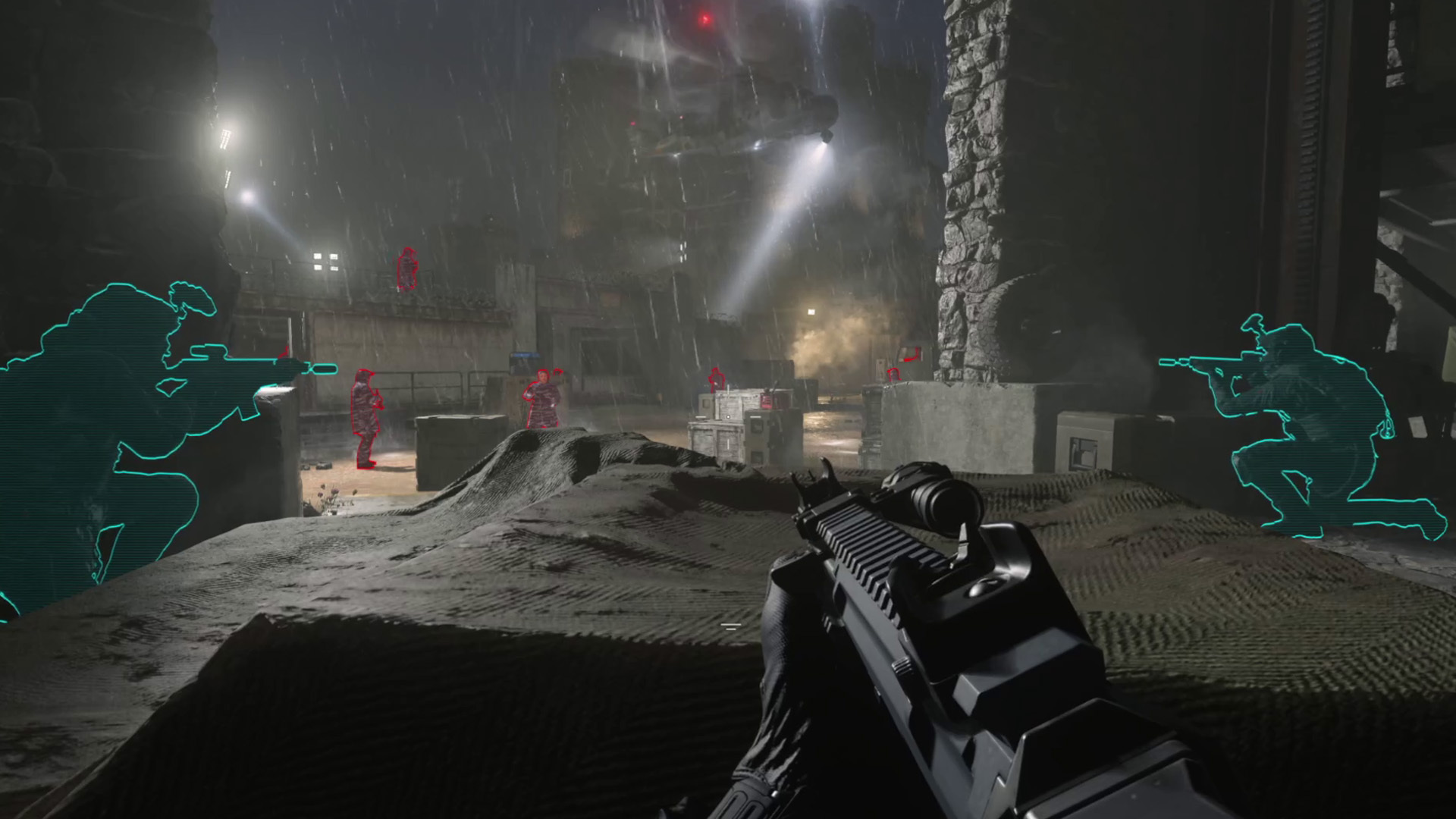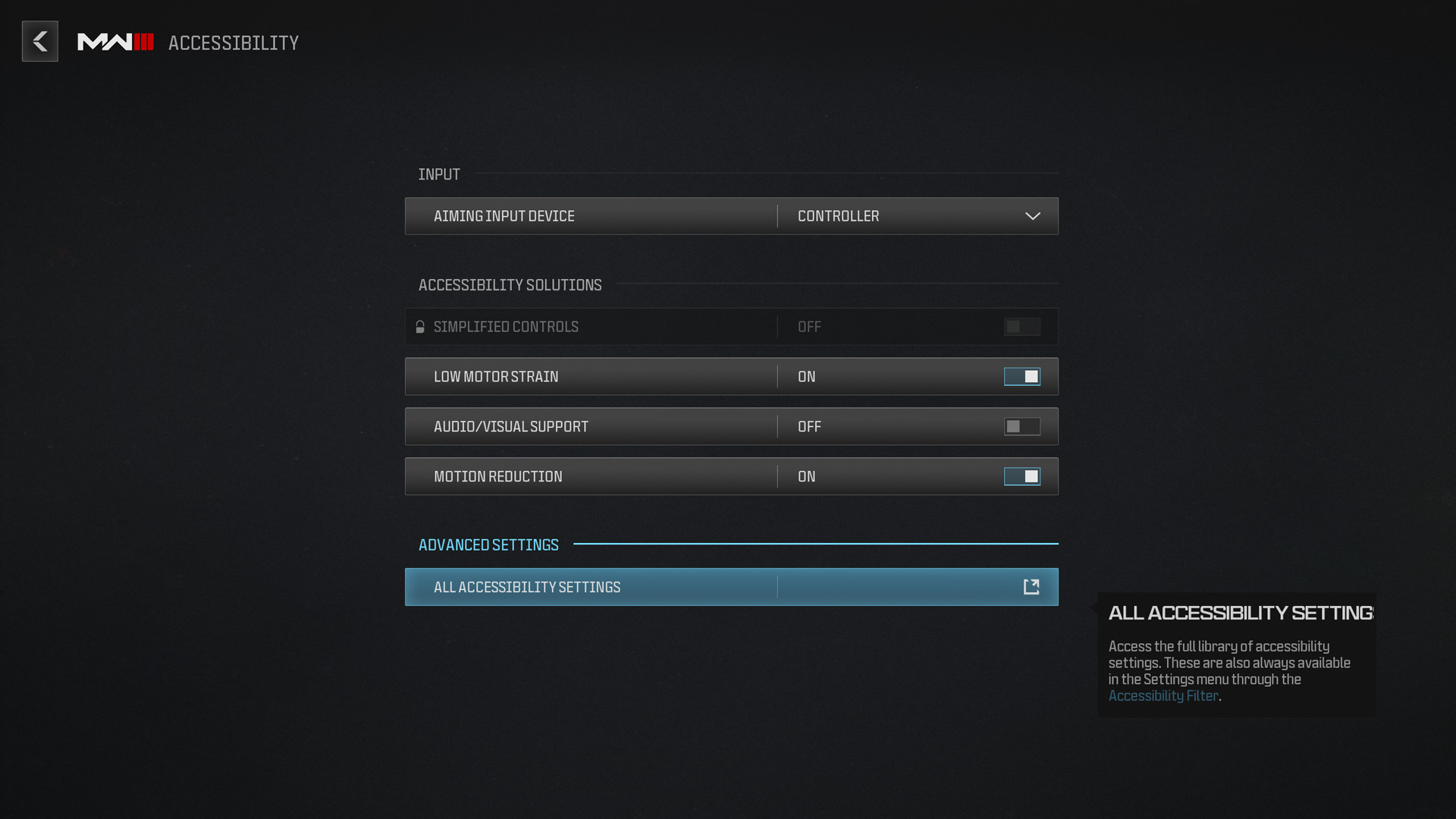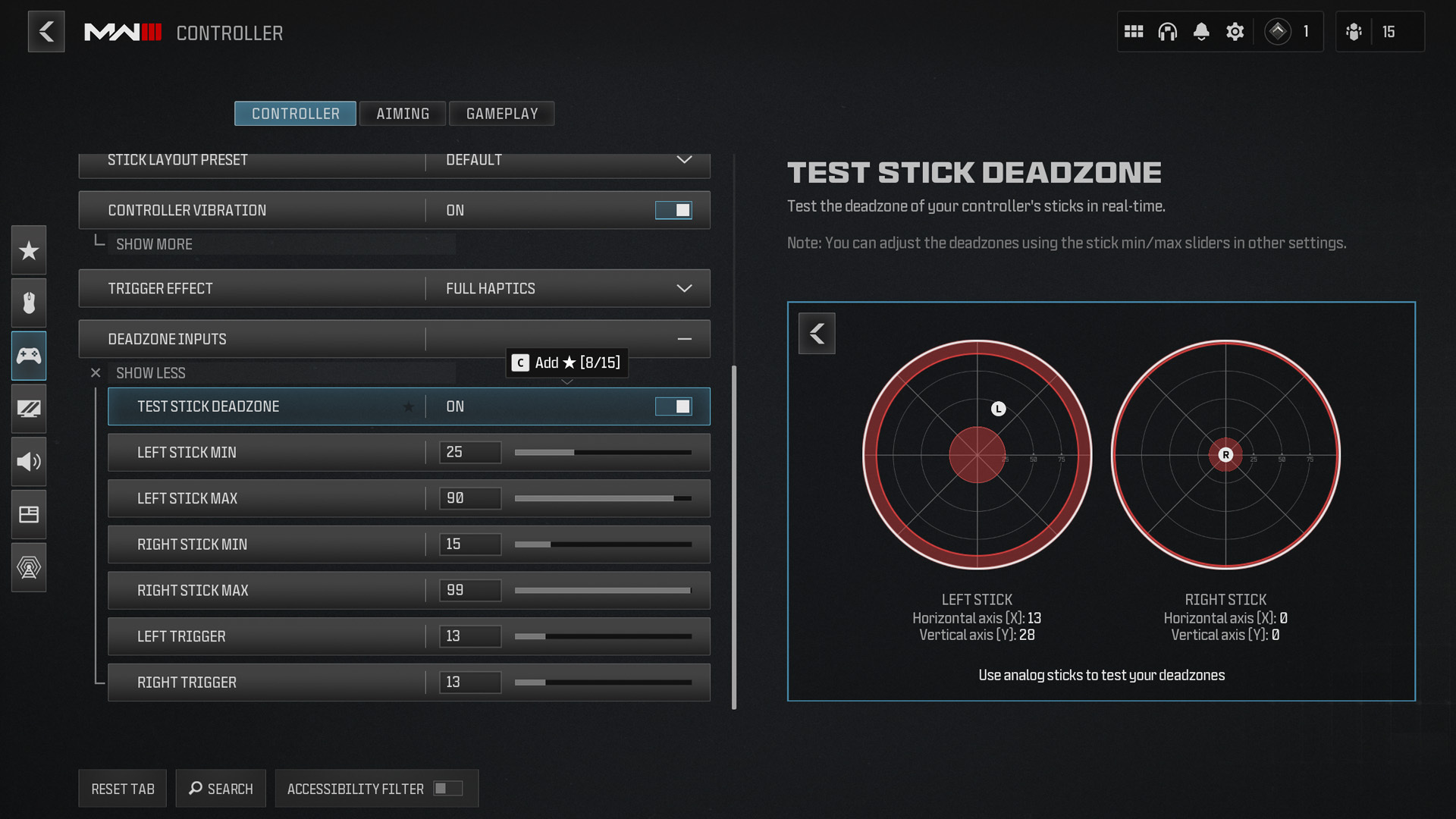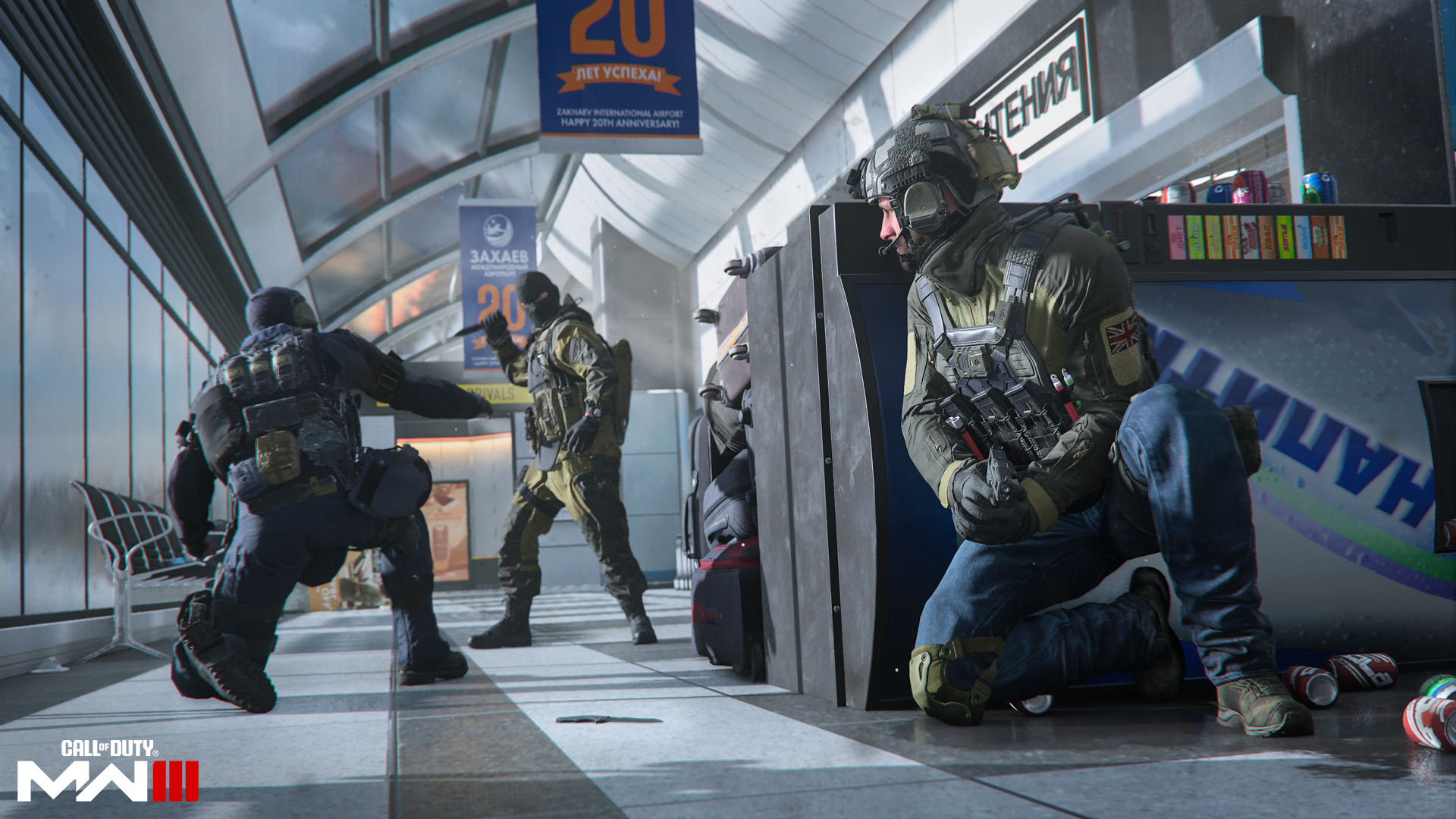
What you need to know
- More than 40% of Call of Duty's players have customized Deadzone Inputs in Call of Duty: Modern Warfare 2.
- New settings and visual representations have been added to Modern Warfare 3 to make it easier for players to adjust motor-related accessibility settings.
- High contrast settings and low motor strain resets are also being added to the accessibility menu.
Call of Duty: Modern Warfare 3 is a fast-paced, blockbuster shooter with an intense PvP multiplayer element. The game requires rapid fire and precision inputs, and for many, it may not seem like a game that would include much in the way of accessibility features. However, accessibility settings have dramatically improved across Call of Duty titles in the last few releases. Today's update to Modern Warfare 3 adds even more accessibility to an already robust menu with more than 500 settings that players can customize.

In my review of Call of Duty: Modern Warfare 3, I covered the game's accessibility features, which include more than 500 settings. These include familiar options like turning on or off motion blur, depth of field settings, and controller stick sensitivity. One of the new changes that came to MW3 at launch was including a quick accessibility menu that can be accessed with a simple button press. Today's update adds new features to that accessibility menu by tagging the settings so that players can quickly identify and even filter settings that can affect their gameplay.
Deadzones and low motor strain presets

According to a press release from Activision, over 40% of Call of Duty's players customized Dead zone inputs in Call of Duty: Modern Warfare 2. To improve this setting for Modern Warfare 3, the team has added a visual representation of changes made in the Settings Menu to provide more feedback to players as they tweak their settings.
Adjusting the dead zones in Call of Duty is a way many users who experience arthritis and other conditions that are exacerbated by motor strain can lessen the physical effort required to play MW3. To build upon this, the development team has created a new preset in the accessibility menu specifically for "Low Motor Strain." The Low Motor Strain preset can be toggled on or off, and when on, it reduces the number of button presses or holds required, as well as increases input sensitivity.
High contrast mode

A new high contrast setting has been introduced for players with vision impairments and color blindness. The mode adds a colored silhouette to allies and enemies, making it easier to distinguish between the two. The setting currently only affects campaign mode, however. While it is not currently active for multiplayer, a similar effect was active in Call of Duty: Modern Warfare 3's multiplayer Experimental Playlist for a short period. There are currently no plans for when or if this setting will be universal across all modes.
Activision reports that more than half of players had adjusted graphical accessibility settings in Modern Warfare 2, including motion blur, field of view, and camera movement.
Why accessibility matters in Call of Duty

Regarding accessibility, far too often, the argument dissolves into whether games should have "easy" difficulty settings. While that argument is worth having in the spirit of a game's approachability, accessibility is about more than just making a game "easy"—it's about whether a game is even playable for some of its audience.
I frequently write about Call of Duty here on Windows Central. I've been a franchise fan since Modern Warfare 2 (2009), way back on the Xbox 360, and I've put tens of thousands of hours into the game with my friends over the years. I am also disabled by rheumatoid arthritis, a disease that affects the joints in my hands and wrists (among others). Players typically think of settings like input sensitivity and dead zones in terms of how professional esports players use them for camera-breaking slide cancels or whatever the "movement kings" are doing for video clips these days.
However, Those settings allow players like me to enjoy the game on a level playing field with others. The disease I live with causes joint swelling and damage in my fingers, and it's exacerbated by straining for everyday tasks. Even holding a controller is enough to cause a flare-up of pain. But with higher sensitivity and lower dead zones, I'm able to play without having to overexert myself and risk injury or a worsening of my existing symptoms. At least so far as Call of Duty is concerned, accessibility settings give me the freedom to be on the same playing field as everybody else even if it's only for a little while in a game.







